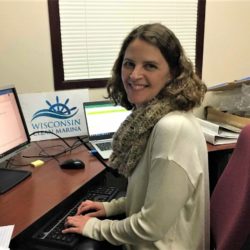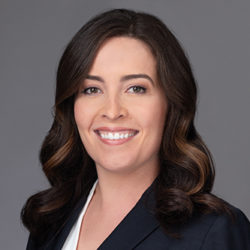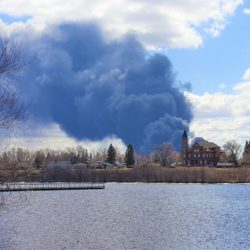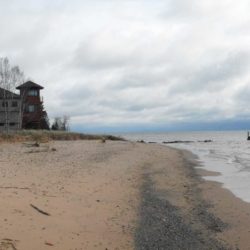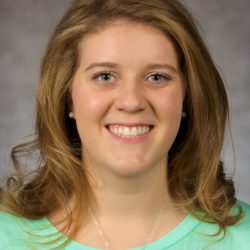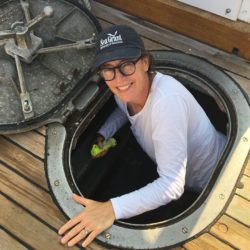Theresa Qualls hired as Wisconsin Clean Marina Program coordinator
Theresa Qualls is coming back to her work roots with her hire as the Clean Marina Program coordinator for Wisconsin. Qualls helped get the program started with former coordinator, Victoria Harris. The Clean Marina Program is designed to reduce pollution from marinas to protect Wisconsin’s waterways.



